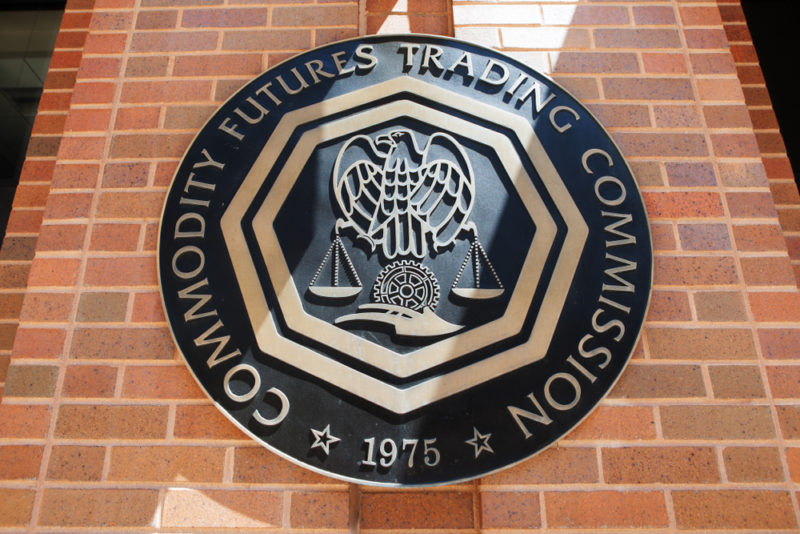The Venezuelan government has officially launched the pre-sale of the cryptocurrency Petro.
The government added that each token would be backed by a barrel of oil.
The entire circulation of 100 million petro tokens would be made available in its initial coin offering (ICO), with the government believing the cryptocurrency’s launch would raise $6 billion.
“Petro is born and we are going to have a total success for the welfare of Venezuela,” Venezuelan President Nicolas Maduro was quoted as saying in a report on the Independent.
“The largest and most important companies and blockchain in the world are with Venezuela, we are going to sign agreements.”
Venezuela says it is hoping to attract investors from all parts of the world including Qatar, Turkey, the United States and Europe.
It initially won’t be available to purchase in exchange for the Venezuelan bolivar – which has plunged in value – but this could become an option in the future.
The Venezuelan government announced that petro holders would be able to trade it for goods and services, akin to bitcoin. However, many people think more of bitcoin as an asset than a currency, because it can be much more difficult to spend than conventional fiat.
“The most important contribution of petro to the cryptoassets’ market and the new digital economy will be the support offered by a sovereign state,” the website for Petro states.
“The Bolivarian Republic of Venezuela guarantees that it will receive petro as a form of payment for national taxes, fees, contributions and public services, taking as a reference the previous day’s Venezuelan oil basket price with a discount. This will ensure that the buyer always has a return value adjusted to the value of his investment.”
However, Venezuela’s opposition-led parliament thinks petro’s IPO is “a forward sale of Venezuelan oil,” and “tailor-made for corruption”.
There are also concerns that the creation of petro is nothing more than a frantic ploy to raise money, and that it would rapidly lose much of its value, leaving investors penniless.
That fear is what led to China barring ICOs last year, in order to keep people from falling prey to financial swindles, at a time when interest in digital currencies was at an all-time high.
“During the last 4 years Venezuela has experienced the biggest financial crisis in its history, a situation that has resulted in a devaluation of its national currency, the bolivar,” the Petro website says.
“The petro will be the foundation of a policy to promote development, infrastructure and training of young people in electronic mining, coding, cryptography, network security and economics 4.0, that will enable the exploitation of Venezuela and other developing countries’ most valuable assets in a new world of transparent, deconcentrated and manipulation-free markets, all thanks to technology.”

 Business5 days ago
Business5 days ago
 Bitcoin3 days ago
Bitcoin3 days ago
